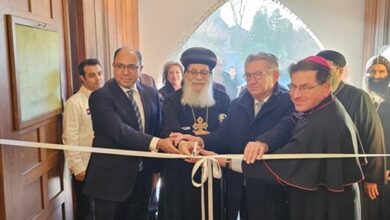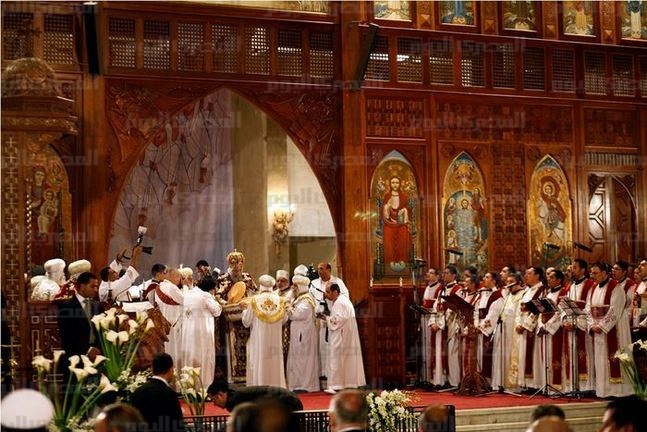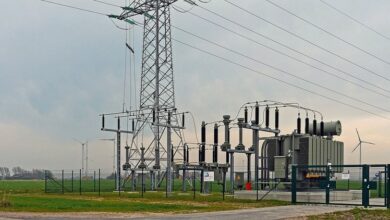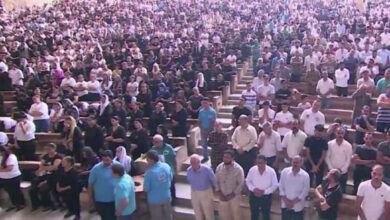Bishop Bishoy, secretary of the Coptic Church’s Holy Synod, endorsed a statement on Sunday issued by the Islamic Research Academy one day earlier calling on Muslim and Christian intellectuals to designate the religious beliefs of Egyptians as “a red line.”
"Since my duty is to ensure the safety of the Muslims and Christians of this nation and safeguard national unity, I proclaim that I have always stood against the defamation of religions and their symbols, particularly Islam, because Muslims are fellow citizens in the homeland,” Bishoy said. “The teachings of Jesus and the Apostles call on us to respect the other.”
"I confirmed these principles in my speech at the Fayoum conference on 22 September," he added. He neglected to mention, however, what had been written in the printed copy of his speech, in which he had reportedly questioned the validity of certain verses of the Quran.
"I only mentioned the Quran in my speech when I condemned certain Western extremists that have called for burning it,” Bishoy said. “And when I referred to Muslims or Islam, it was only when stressing the importance of protecting Al-Aqsa Mosque and Arab rights in Jerusalem."
In a related development, a source close to Coptic Pope Shenouda III said the pope had decided to appear on televised interviews in an effort to ease the tensions arising from Bishoy’s statements, noting that Shenouda had asked the bishop to publicly apologize for the "misunderstanding" he had caused.
The source added that Bishoy had turned down the papal request, which is why the pope had decided himself to appear. The source went on to note that the church feared Bishoy could be tried before the Supreme State Security Court for his comments, especially given that a number of lawyers had already submitted complaints accusing the bishop of "serving a global agenda hostile to Islam, Muslims and the whole of Islamic culture and civilization."
The source further explained that the pope had ordered all Coptic clergymen to avoid discussing the issue in the media.
Kamal Zakher, coordinator of the Secular Copts movement, for his part, said Bishoy's denial of having made statements that everyone had heard was itself an apology, pointing out that the questions raised by Bishoy had illustrated a degree of division between major religions, the roots of which needed to be addressed.
"The pope's television appearances, albeit belated, are proof that a crisis exists,” Zakher said, going on to accuse the church of traditionally failing to adequately handle such crises.
Translated from the Arabic Edition.




